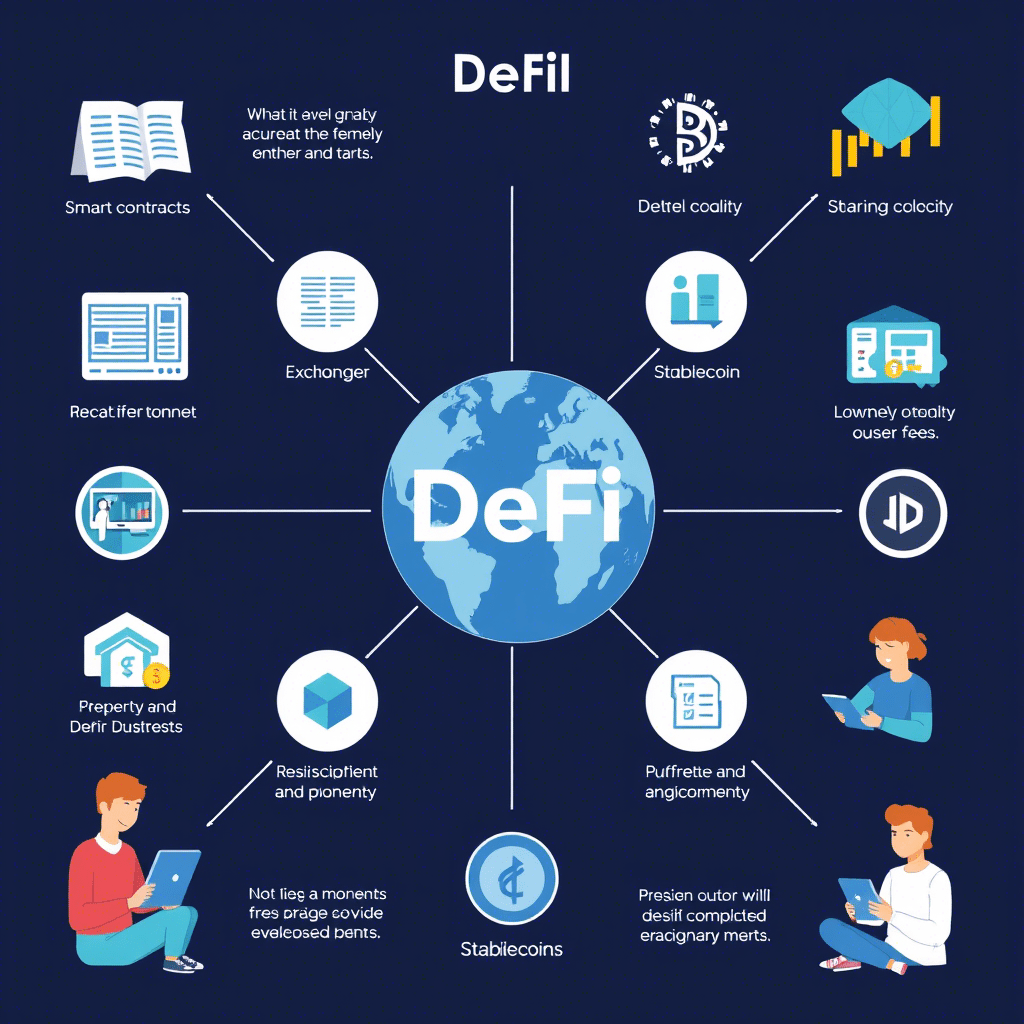
The Web3 Revolution and the Battle for Digital Identity
In recent weeks, the debate over digital identity has once again taken center stage in the world of web3. As major tech companies like Meta (formerly Facebook) and Google grapple with how to manage user data while maintaining privacy, decentralized solutions are emerging as a powerful alternative. At the heart of this conversation is the question: Who owns your digital identity?
The news cycle has been dominated by reports of yet another massive data breach at a centralized platform, exposing millions of users’ personal information. This latest incident serves as a stark reminder of the vulnerabilities inherent in traditional systems where corporations act as gatekeepers of our online personas. It’s no wonder that many people are turning their attention to web3; a movement promising to return control back to individuals through blockchain technology and decentralized applications.
Web3 advocates argue that true ownership of one’s digital identity lies not in the hands of Big Tech but within each individual themselves. Through self-sovereign identity tools powered by blockchains, users can store their credentials securely on distributed ledgers, ensuring they remain private unless explicitly shared. These systems allow for interoperability across platforms without requiring third-party intermediaries, giving rise to what some call “the internet of value.”
However, critics caution against painting too rosy a picture. They point out challenges such as usability gaps; many current web3 interfaces remain clunky compared to polished mainstream apps, and regulatory hurdles. Governments worldwide have expressed concerns about anonymity enabled by cryptocurrencies and decentralized finance (DeFi), fearing it could facilitate illicit activities. Striking a balance between fostering innovation and safeguarding society will require thoughtful collaboration among developers, policymakers, and citizens alike.
Moreover, there’s an ongoing philosophical discussion around whether decentralization truly equates to empowerment. While proponents emphasize freedom from corporate oversight, skeptics worry about fragmentation leading to chaos or even new forms of exploitation under different guises. After all, power vacuums created by dismantling existing structures may simply be filled by other actors who wield influence differently but just as dominantly.
Despite these complexities, momentum behind web3 continues to grow. Venture capital firms are pouring billions into startups building infrastructure for decentralized networks, and everyday consumers are experimenting with NFTs, DAOs, and crypto wallets. Each interaction represents a step toward reimagining how we interact digitally, and perhaps more importantly, how we define ourselves in virtual spaces.
Ultimately, the battle for digital identity reflects broader tensions underlying humanity’s relationship with technology. Will we choose convenience at the cost of autonomy, or embrace complexity for the sake of sovereignty? There’s no easy answer, but one thing is clear: the future of the internet depends on decisions made today. And if history teaches us anything, it’s that those who shape the rules often dictate the outcomes.
As we stand on the precipice of this next chapter in technological evolution, let’s remember that web3 isn’t merely about code; it’s about values. It challenges us to rethink what it means to exist online; not just as consumers, but as creators, stewards, and participants in a global ecosystem. Whether you’re bullish on blockchain or bearish on big promises, one truth remains undeniable: the conversation about digital identity is only beginning.
Let’s ensure it’s one worth having.
Need Help Taking Your Business to the Next Level?
📧 Contact Us | 📅 Book a Meeting
Stay Connected & Get Updates:
🐦 Follow us on X (Twitter)
💬 Join our growing community on Telegram
Let’s build the future together! 🚀




No Comments